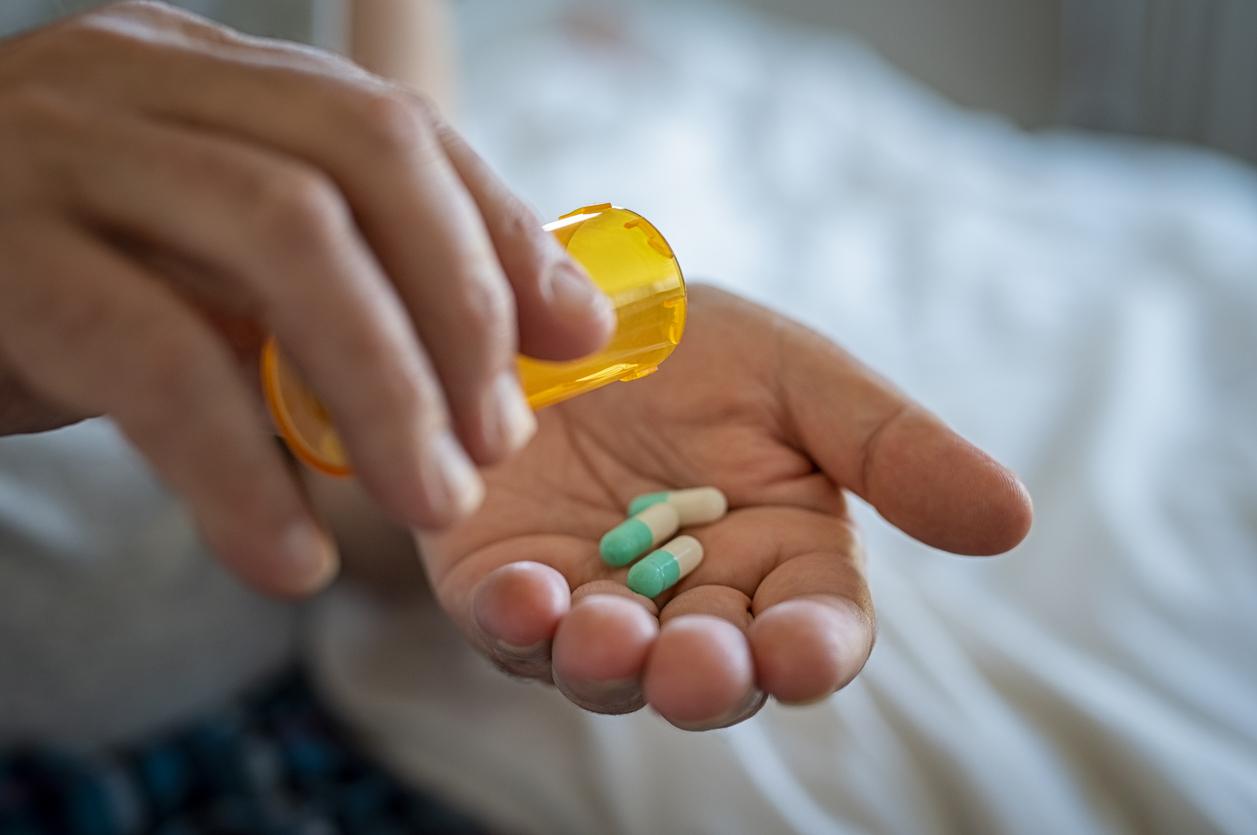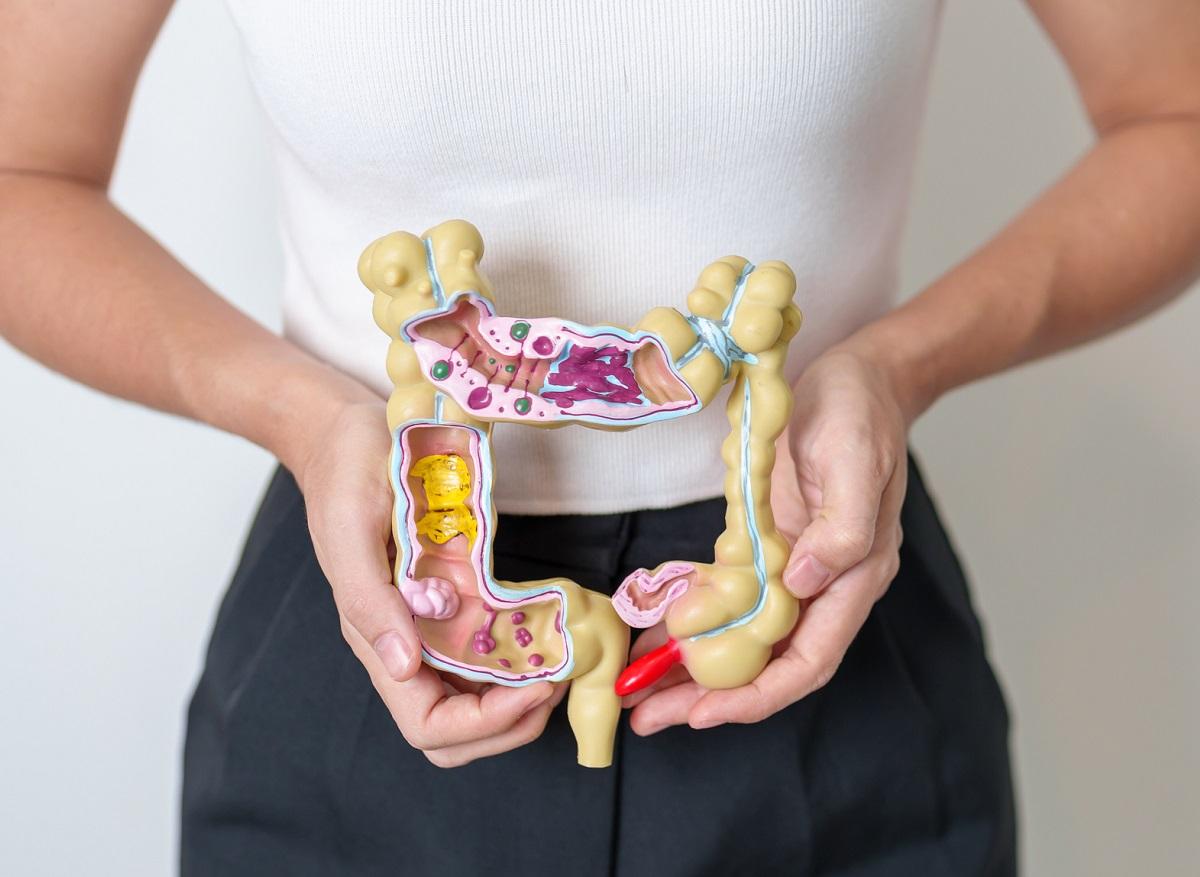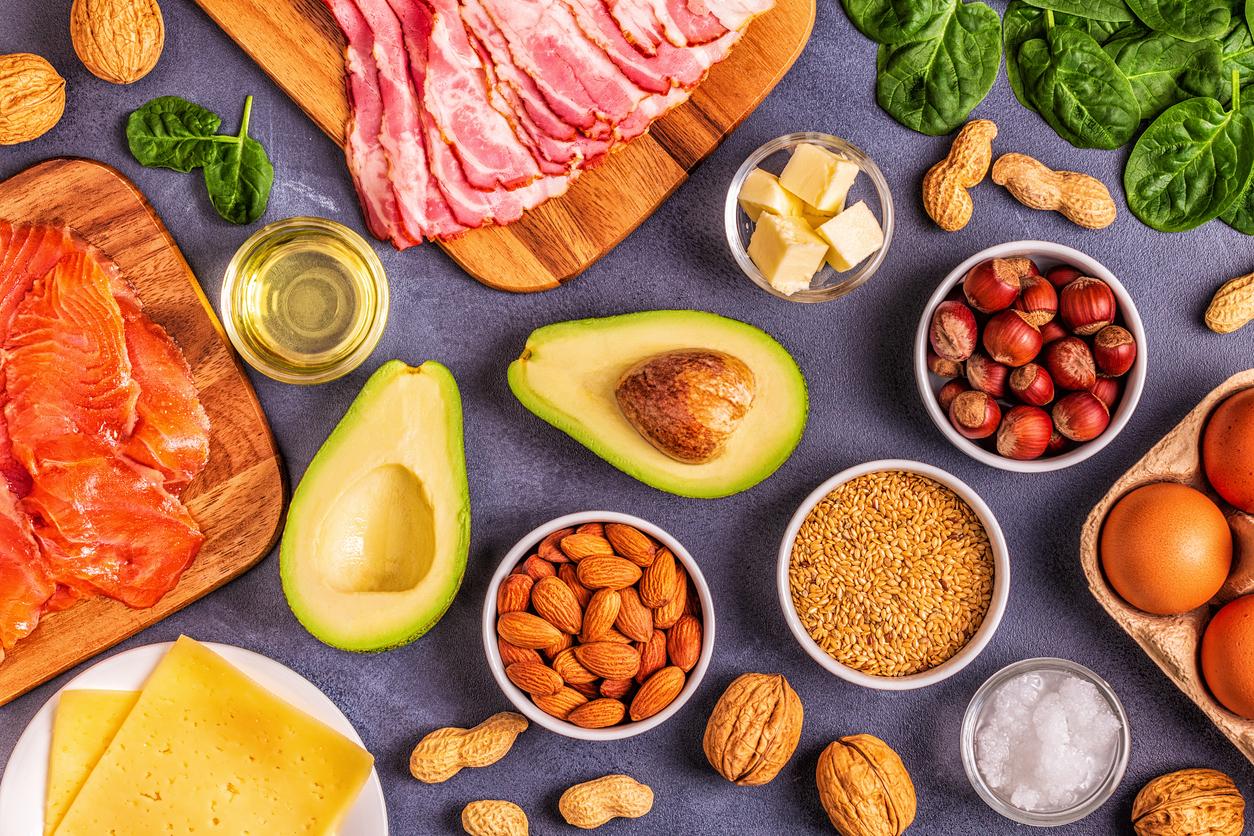Probiotics hold hope for new, side-effect-free treatments for Crohn’s disease and inflammatory bowel disease

- Probiotics represent a hope for alternative treatments in Crohn’s disease.
- This disease is currently treated with immunosuppressants which can generate resistance in the bad bacteria.
- Researchers have developed a new technique for administering probiotics to treat intestinal inflammation.
Crohn’s disease is an inflammatory bowel disease that affects millions of people worldwide. New research shows that probiotics may be an effective alternative for treating this and other inflammatory bowel diseases.
The gut microbiome is a complex ecosystem in which bacteria play a crucial role in maintaining a healthy balance. It is when this balance is disturbed that inflammatory bowel diseases such as Crohn’s disease can appear.
Probiotics and Crohn’s disease
Crohn’s disease is a chronic disease that mainly affects the small intestine and the colon. Although it is incurable, it can be treated to relieve symptoms and improve patients’ quality of life. But the immunosuppressants currently used can promote the development of resistance to antibiotics. According to new workprobiotics could be used as an effective alternative without side effects to treat Crohn’s disease as for other inflammatory bowel diseases.
Probiotics are live bacteria that, when ingested in sufficient amounts, can help restore the bacterial balance in the gut.
A new technique for administering probiotics
Researchers at ACS Central Science have developed a new technique for delivering probiotics using specialized microgels. This system protects the good bacteria and eliminates the bad ones, while allowing the probiotics to proliferate in the intestine without any side effects. Laboratory trials have shown that this technique can treat intestinal inflammation, paving the way for new treatment strategies for Crohn’s disease and other inflammatory bowel diseases.
However, more research is needed to better understand how probiotics interact with the gut and to identify the most effective strains of bacteria for treating these diseases. If these challenges are met, probiotics could become a powerful weapon in the fight against these diseases that affect millions of people around the world.


















